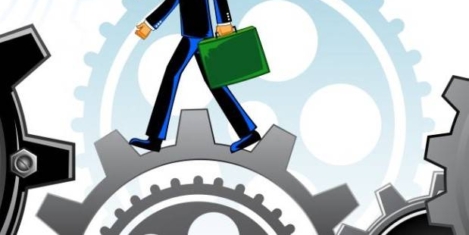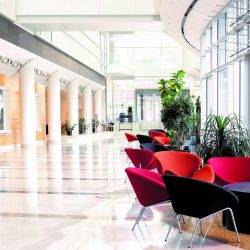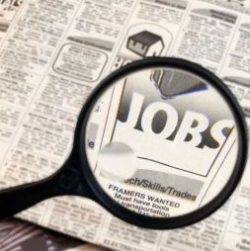November 29, 2016
Slow broadband prevents thousands of Brits working from home 0
 Although the vast majority of British people who work from home need a fast internet connection, around a quarter of them are hampered by slow broadband, according to a new survey from comparison website Broadband Genie. The news comes on the day the Government finally announces that BT is to divest its Openreach arm which looks after the nation’s broadband infrastructure. The timing is welcome news for broadband users who have been frustrated for years by the UK’s second rate technological infrastructure. According to the Brodband Genie study the majority of people who work from home believe it has a positive impact on their happiness, work life balance, productivity and motivation. Yet while 90 percent rely on broadband in order to work from home almost a quarter of homeworkers are limited by slow connections.
Although the vast majority of British people who work from home need a fast internet connection, around a quarter of them are hampered by slow broadband, according to a new survey from comparison website Broadband Genie. The news comes on the day the Government finally announces that BT is to divest its Openreach arm which looks after the nation’s broadband infrastructure. The timing is welcome news for broadband users who have been frustrated for years by the UK’s second rate technological infrastructure. According to the Brodband Genie study the majority of people who work from home believe it has a positive impact on their happiness, work life balance, productivity and motivation. Yet while 90 percent rely on broadband in order to work from home almost a quarter of homeworkers are limited by slow connections.

































November 28, 2016
Britain is missing a trick by not getting workplace training right 0
by Steve Hill • Comment, Workplace
(more…)